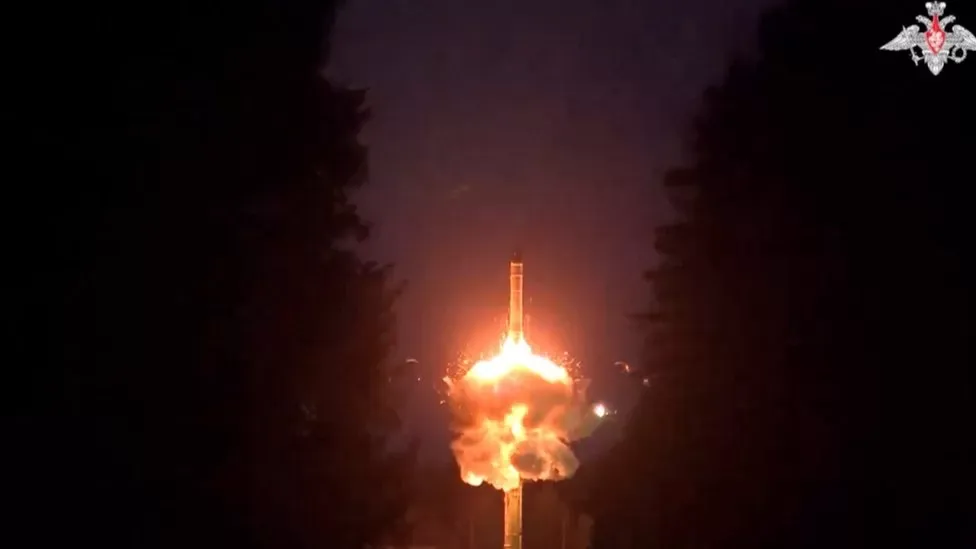Putin signs law revoking Russia's ratification of Nuclear Test Ban Treaty

Russian President Vladimir Putin signed on Nov. 2 a law revoking Russia's ratification of the Comprehensive Nuclear-Test-Ban Treaty (CTBT), according to the government's website.
Mikhail Ulyanov, Russia's permanent representative to international organizations in Vienna, said earlier in October that Russia would end its compliance with the treaty in order to be "on equal footing" with the U.S., which has signed but not ratified the document.
The bill was subsequently approved by both houses of the Russian parliament and now comes into force with a presidential signature.
The Comprehensive Nuclear Test Ban Treaty (CTBT) has been signed by 187 countries since its origin in 1996.
Russia signed the CTBT in 1996 and ratified it in 2000. No country besides North Korea has officially conducted a nuclear test in 25 years.
The Kremlin and Russian state media often use veiled or overt threats of a nuclear strike against rival nations, including Ukraine or Western countries.













